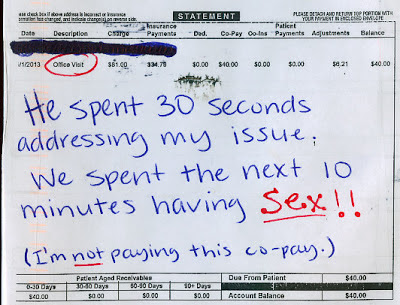George Packer has raised some discussion over the arguably surprising correlation that greater social equality seems to have come with greater economic inequality. Samuel Goldman has made a couple of interesting points that I want to keep. First, he argues that it is not a mere accident that these two things should work so well together.
<<<<<<<<<<<<<<<<<
In our time, the stories of greater social equality and economic inequality are far from “unrelated”. Rather, social inclusion has been used to
legitimize economic inequality by means of familiar arguments about meritocracy. According to this view, it’s fine that the road from Harvard Yard to Wall Street is paved with gold, so long a few representatives of every religion, color, and sexual permutation manage to complete the journey. Superficial diversity at the top thus provides an moral alibi for the gap between the one percent and the rest.
--
Samuel Goldman>>>>>>>>>>>>>>>>>>
Mr. Goldman then argues that it is also harder to achieve greater economic equality when you have a racially diverse and highly pluralistic society.
<<<<<<<<<<<<<<<<<<
More generally, it is hard for a society characterized by ethnic and cultural pluralism to generate the solidarity required for the redistribution of wealth. People are willing, on the whole, to pay high taxes and forgo luxuries to support those they see as like themselves. They are often unwilling to do so for those who look, sound, or act very differently. In this respect, the affirmations of choice and diversity that now characterize American culture, tend to undermine appeals to collective action or shared responsibility. If we’re all equal in our right to live own lives, why should we do much to help each other?
-- Samuel Goldman
>>>>>>>>>>>>>>>>>>
